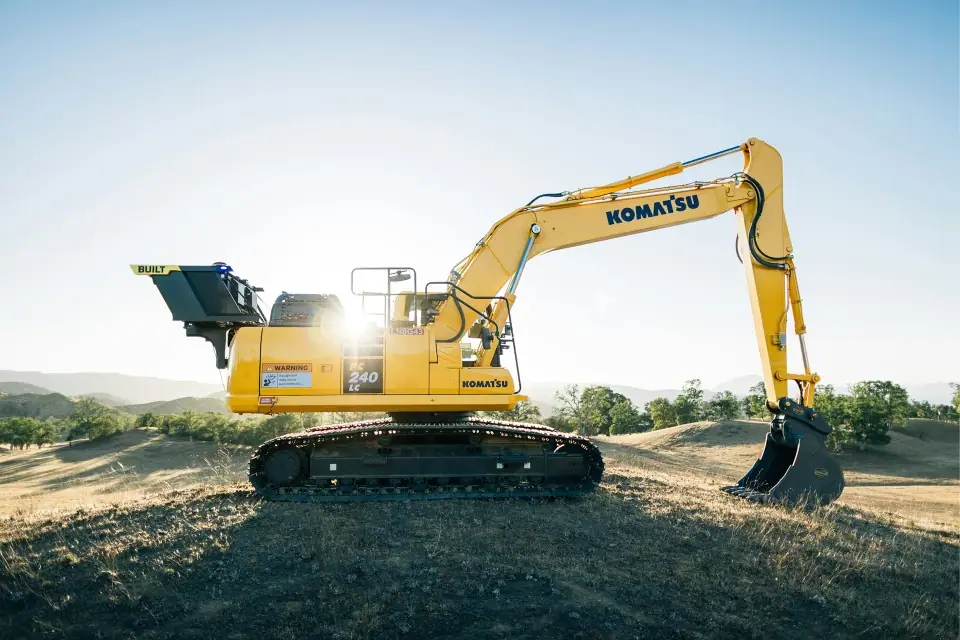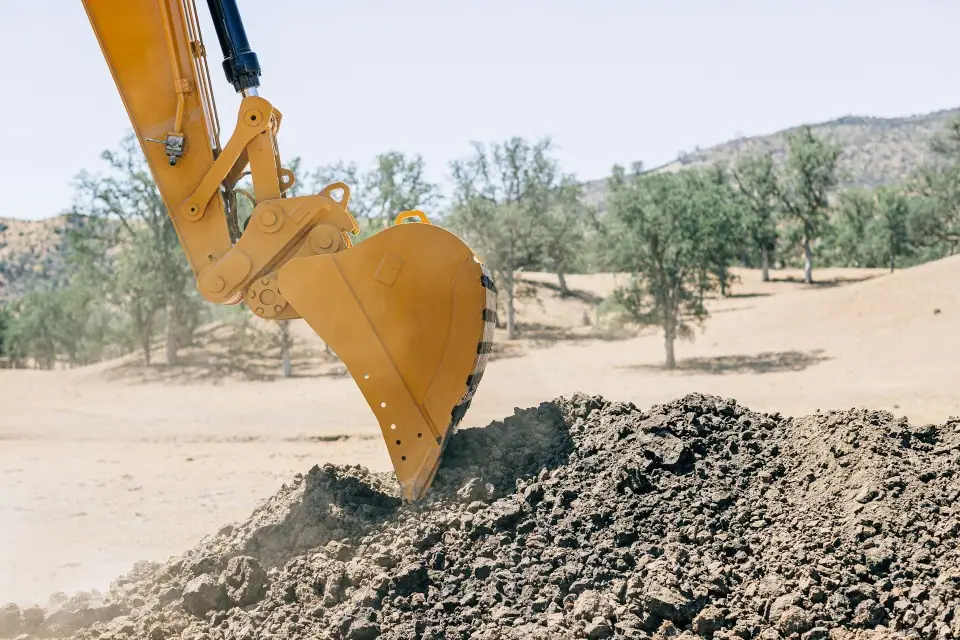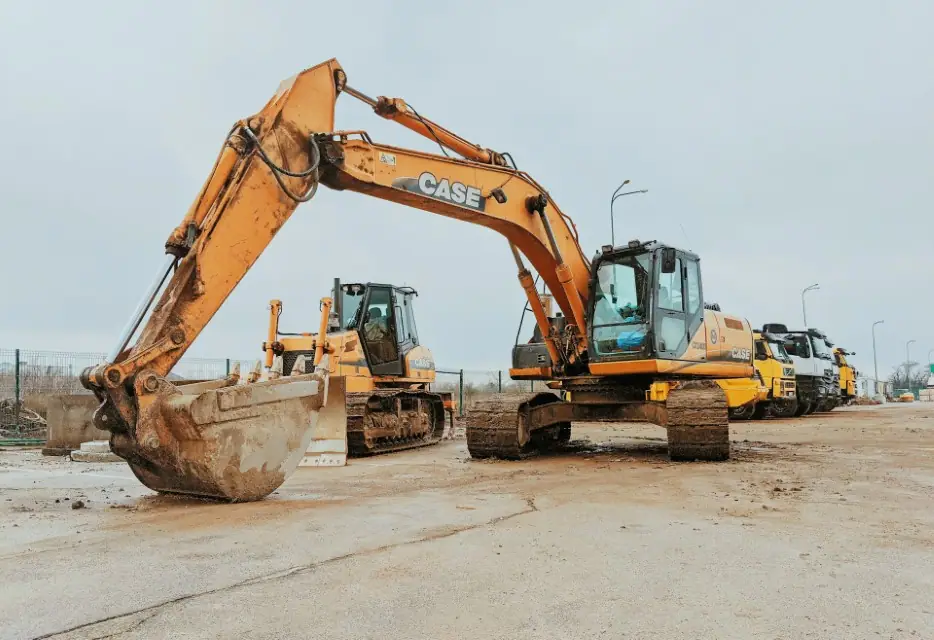Excavating is a profitable industry, but starting an excavating business requires significant capital investment in heavy equipment. While this may seem daunting for aspiring entrepreneurs with limited funds, it’s possible to launch on a budget by starting small, renting equipment, and minimizing overhead. With grit and determination, you can get your excavation company up and running even without deep pockets.
Define Your Niche
Rather than trying to provide all excavation services, focus on a niche that aligns with your skills, interests, and available equipment. Possibilities include:
– Land clearing and site preparation
– Septic system installation
– Swimming pool excavation
– Foundation digging
– Utility and culvert installation
By specializing, you can hone your expertise in specific excavation techniques and better market to your target audience.
Minimize Overhead Costs
When launching a business, overhead expenses like an office space and employees can quickly drain your capital. Minimize these costs by running your excavation business from home when starting out and serving as a one person operation. Focus on getting clients and completing jobs solo before bringing on employees.

Rent Equipment
Owning excavators, loaders, dump trucks, and attachments is extremely expensive. Renting equipment allows you to launch your business without huge capital outlays. Only rent what you need for specific jobs until you can afford to purchase your own equipment. Build relationships with rental companies to negotiate better rates.
Market Yourself
Build a professional website highlighting your excavation niche to attract clients. Network with general contractors, landscapers, construction companies, and real estate developers who may need excavation work completed. Print business cards and introduce yourself to potential referral sources in person. Offer special discounts to first time customers.
Learn the Licensing Requirements
Research the licensing and insurance requirements in your state and city for excavation companies. Apply for necessary licenses and liability insurance. While fees may be prohibitive when starting out, properly licensing your excavation business shows clients that you are a legitimate operation.
Start Small
When first launching your company, look for smaller excavation jobs that align with your niche, experience, and available rented equipment. This allows you to build a portfolio and get experience running all aspects of your new business. As you complete jobs successfully, positive word of mouth will help you win larger contracts.

Partner Up
If taking on bigger excavation jobs, consider forming partnerships with other small excavators in your area. You can bid on larger contracts together by pooling equipment, laborers, and expertise while sharing the profits. Partnerships also broaden your service offerings.
Invoicing Best Practices
With little initial capital, maintaining positive cash flow is crucial. Send invoices as soon as jobs are complete to get paid faster. Offer discounts for early payment. Have strict policies in place for late payments and be persistent about collecting.
By starting small, minimizing overhead, renting equipment, and following licensing requirements, you can launch an excavation business even without significant upfront funding. Focus on delivering excellent service and the profits will grow.

